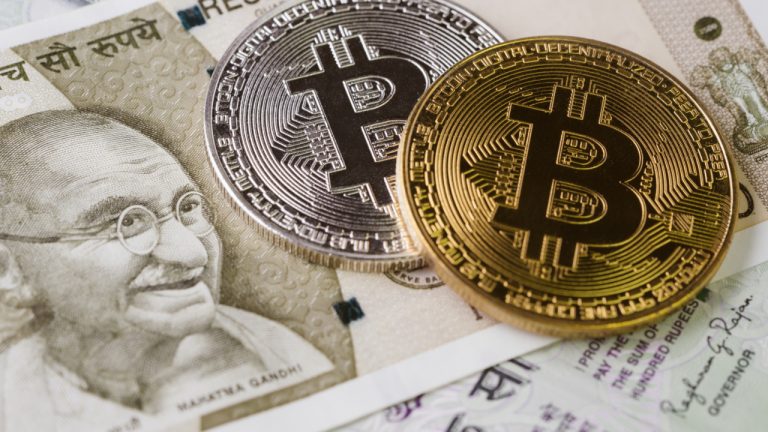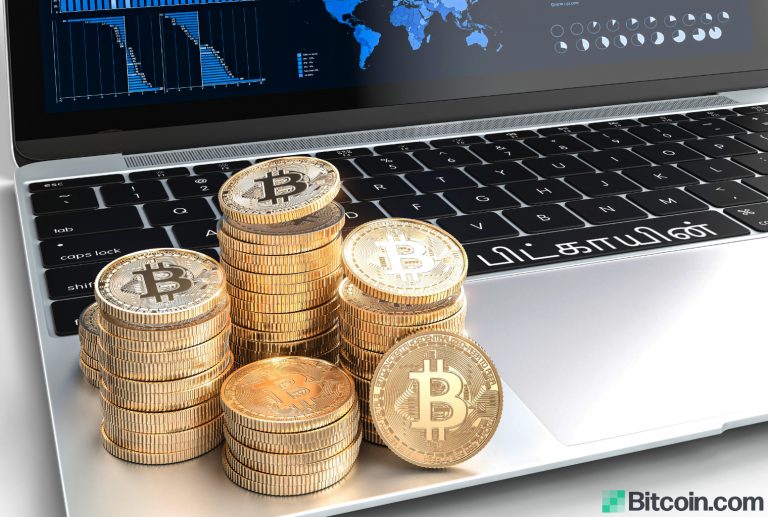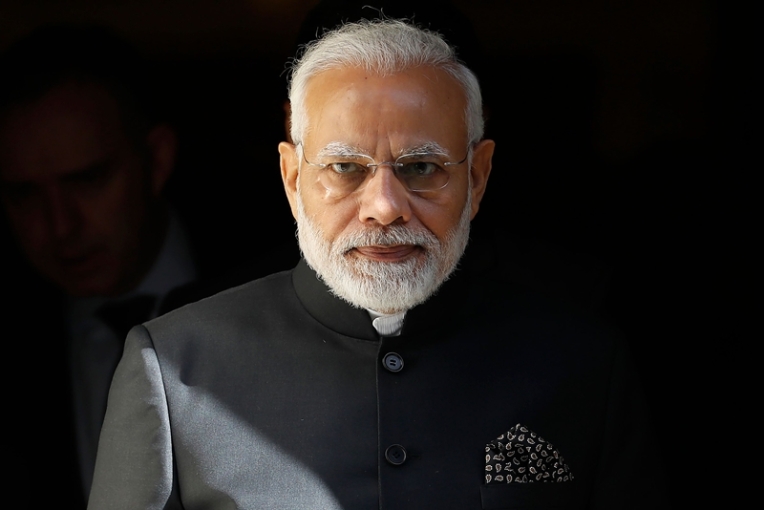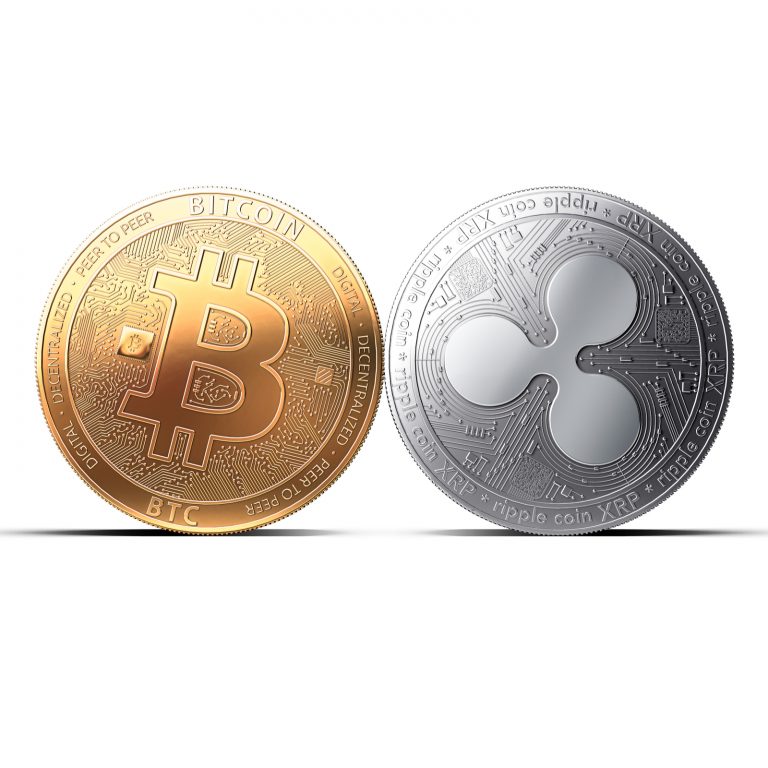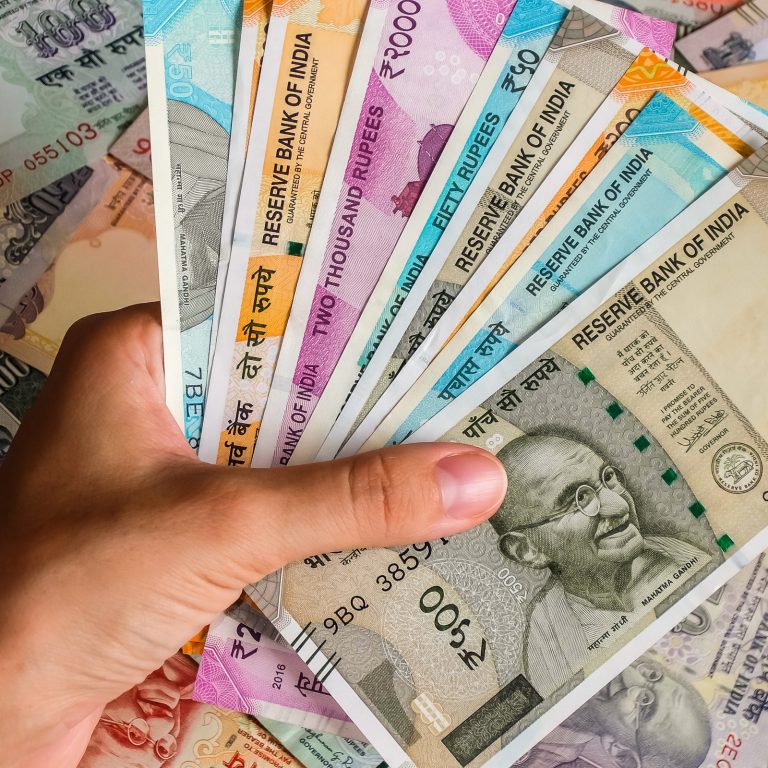
2018-8-4 16:29 |
Indian cryptocurrency traders have been finding innovative new ways of trading in digital coins ever since the Reserve Bank of India (RBI) banned such coins in April. Even though the voices of concern raised within the crypto community gained attention, they fell on deaf ears of the legislature, which quickly dismissed their bid for survival.
However, it is difficult to deter enthusiastic traders from indulging in crypto participation. Therefore, dabba trading and hawala are becoming common methods of trading in digital currencies in the country.
What Happened to Indian Crypto Exchanges?Several Indian cryptocurrency exchanges were stifled with a banking ban in April as casual investors hurriedly removed their funds from the platforms and bigger fish in the sea geared up for a legislative ruling. Meanwhile, some crypto exchanges like WazirX and Koinex moved to peer-to-peer (P2P) trading systems, acting as custodians of currencies while traders made payments to each other.
WazirX chief executive Nischal Shetty noted at the time:
“If banking is something the exchanges are not allowed to do, then the solution is something that direct banking doesn’t come in.”
However, the Indian appetite for creative solutions goes much further than P2P trading.
Dabba Trading Makes Inroads in Crypto MarketsFirstly, what is dabba trading? A report on Business Today defines it:
“Dabba trading is a process used by brokers to use a client’s trade outside the official platforms. The illegal method, mostly used for trading in stocks, has seen an upsurge as traditional Dabba operators are accepting bets on Bitcoin too, giving a boost to their overall earning.”
It further explains that dabba trading refers to a process through which a broker uses the hawala network to transfer money through an overseas bank trading account. These accounts are usually located in Dubai and Europe, including the UK. The broker doesn’t execute the trade on its system that is connected with the exchange, and in this case the crypto market. This means that this form of trade operates completely independent of digital exchanges and brokers in the country.
The traditional hawala network is connected deeply with this kind of illegal trading, which operates anywhere between the backstreets of Surat in Gujarat to Mumbai. It also represents the inherent problem with banning banking for digital currencies and clogging means of investing in a new asset class. The resulting trades are neither legal nor regulated, enhancing the problem that the ban intended to solve.
Creative Bitcoin Trading Takes Hold in India Amid Banking Ban on Crypto Entities was originally found on [blokt] - Blockchain, Bitcoin & Cryptocurrency News.
origin »Bitcoin price in Telegram @btc_price_every_hour
Emerald Crypto (EMD) на Currencies.ru
|
|




